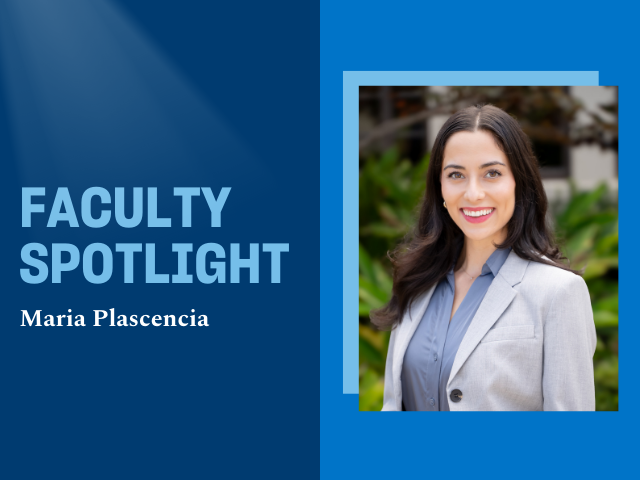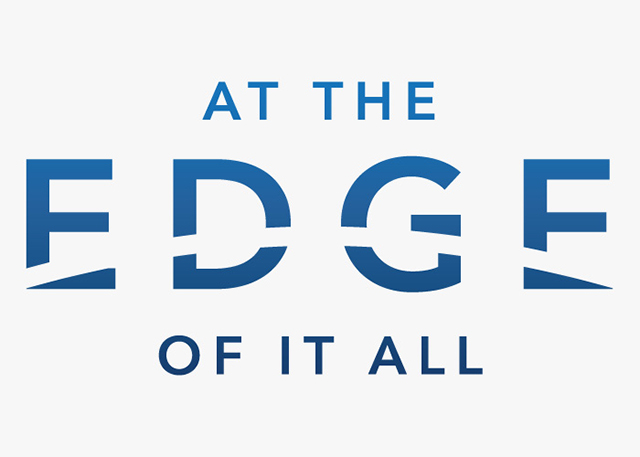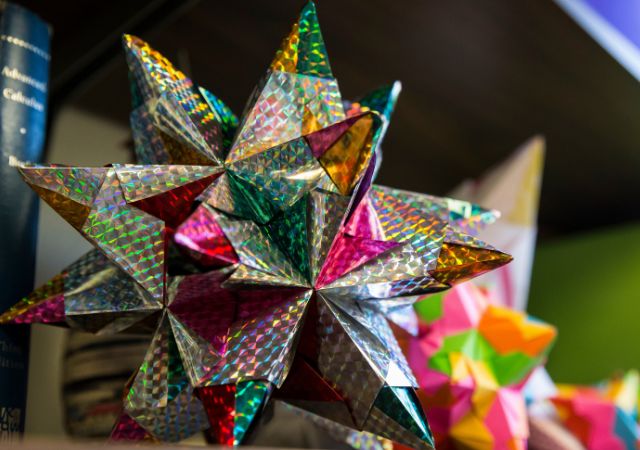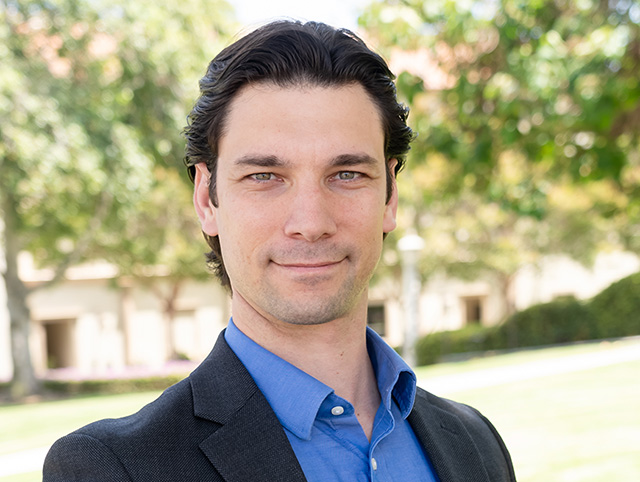Faculty Spotlight: Q&A with Maria Plascencia

The USD College of Arts and Sciences (the college) hired 14 new faculty members in three distinctive themes – Borders and Social Justice, Technology and the Human Experience and Climate Change and Environmental Justice – this past fall.
As part of the university's commitment to academic excellence, the college endeavored to assemble a cohort of teacher-scholars who offer a strong contribution to the diversity and excellence of USD through teaching, scholarship, service and collaboration.
This spring semester, the college is featuring each new faculty member with a Q&A series every week. Each spotlight highlights their professional journeys, academic expertise, research and their goals for fostering academic and personal growth within the USD community.
Learn more about Assistant Professor of Ethnic Studies Maria Plascencia, her background and her passion for research and teaching in the Q&A below.
Cluster-Themes: Climate Change and Environmental Justice and Borders and Social Justice
Q: Please share your name, title, department and the subjects or courses you will be teaching at USD.
A: My name is Maria Jose Plascencia, but my students call me Profe P. I am a professor in the Department of Ethnic Studies. I teach Latine/Chicane Studies courses, Introduction to Ethnic Studies, and Border Studies.
Q: What key experiences have shaped your career and where you are today?
A: I grew up on the Tijuana — San Diego border. My life as a fronteriza (border person) informs my research and academic career as I weave the personal and the academic. I write about my family's history as I think about how Tijuana has changed in the span of 100 years. Attending graduate school on the East Coast, far away from home, was formative for me as a scholar and person. It helped me learn how to become a better storyteller, and East Coast winters are no joke!
Q: What sparked your interest in the Borders and Social Justice and Climate Change and Environmental Justice cluster themes, and what drew you to this particular focus? How are you contributing to that focus in your work here?
A: I am a firm believer that environmental justice is racial justice. Environmental issues affect communities on both sides of the border, including some of my friends and family. My personal experience growing up in the region, living through the environmental injustices that disproportionately affect communities of color, and witnessing the violence of border militarization led me to my commitments as a scholar.
Q: What aspects of joining the University of San Diego community are you most excited about?
A: The students! I love that the size of our classes allows us to build community among students and faculty. I am also excited to join Ethnic Studies, a department with faculty who do incredible community work in and out of the classroom.
Q: How do you envision your course curriculum contributing to the academic and personal growth of USD students?
A: I hope my courses contribute to campus-wide conversations about migration, borders and racial justice.
Q: What current research projects are you working on or interested in, and how do they align with your cluster theme?
A: I am working on a social history of Tijuana in which I study how working-class people had agency in shaping the city during a period of intense urbanization. My project is rooted in border studies and social justice.
Q: What's an interesting or unique fact about yourself that others might not know?
A: Before attending graduate school at Yale, I was a professional dancer with the NBA Boston Celtics.
— USD News Center



